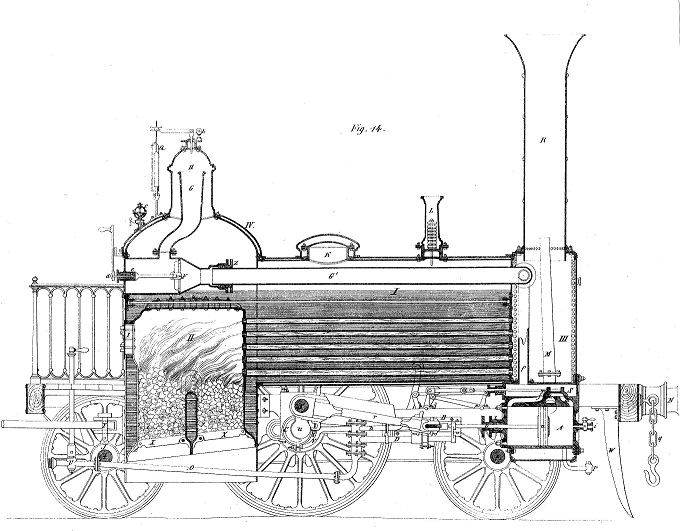
Thermodynamics of information
One of the paradoxes in the development of the science of thermodynamics, back in the 19th century, is that physicists grasped the theory by first building the steam engines, instead of building the engines from understanding the theory, since it did not exist yet.
In other words, it was the practice that allowed the development of the theory.
In fact, well beyond the development of engines, the real basis for some of the critical formulas of thermodynamics were not understood until much later than their first formulation. We had to wait until the kinetic theory of gases, statistical mechanics and quantum mechanics, to appropriately explain the thermodynamics of large groups of particles (atoms and molecules) from the statistical behavior of individual members of these groups.
Now, we get the impression that we are at a similar situation in «information science»: it it from developing information systems, and from having to deal with the problems arising from the management of information devices, supports, and its organization, that we start understanding how «information», such a difficult resource, really behaves.
The practice of information systems is the best tool we have to finally understand the resource, information, they handle.
Only then we could start thinking that we will finally understand what information really is.
From my book: Infoxicación.



